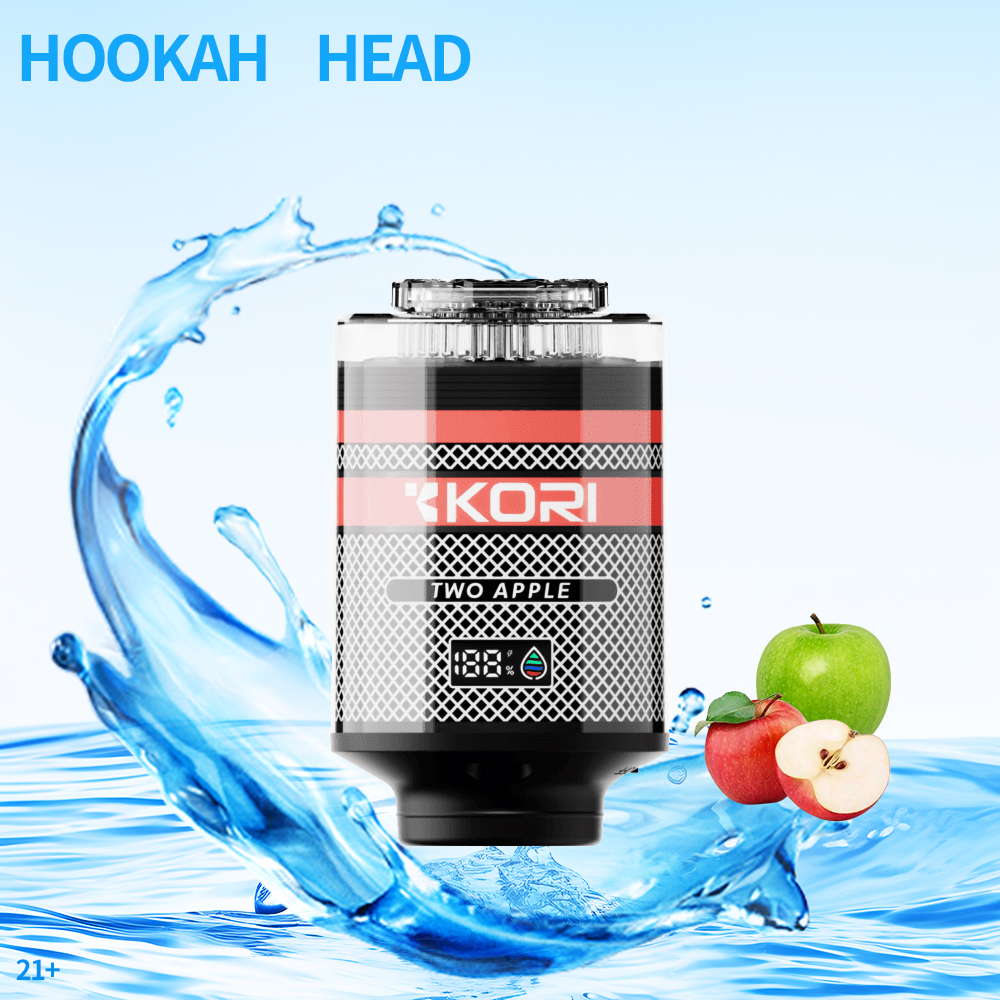Are Vape Shops Closing Down? Understanding the Trends and Challenges
In recent years, the vaping industry has experienced exponential growth, attracting millions of users worldwide. However, in 2023, many vape shops have begun to close their doors, leaving consumers and industry experts wondering about the underlying reasons behind this decline. Are these closures indicative of a larger trend, or are they simply a reflection of market saturation? This blog post delves deeper into the factors contributing to the closing of vape shops and what it means for the future of vaping.
The Rise of Vaping
Vaping emerged as a popular alternative to traditional smoking in the early 2010s, championed for its perceived health benefits and variety of flavors. The vaping industry rapidly expanded, and vaporizer shops started popping up in neighborhoods across the globe. Initially distinguished by their vibrant products and a culture that promoted a smoke-free lifestyle, these shops attracted a loyal customer base eager to explore new flavors and devices.
Market Maturity
As the vaping market matured, several factors began influencing its dynamics. The once fervent interest in vaping is evolving, with users now more discerning about their choices. Vaping products have become widely available in traditional retail outlets, including gas stations and convenience stores. This increased accessibility has led to heightened competition among vape shops, forcing many independent retailers to struggle to maintain their market share.
Health Concerns and Regulation
Over the past few years, significant health concerns surrounding vaping have surfaced. Reports of lung injuries and other health risks associated with vaping devices have sent ripples through the community and prompted stringent regulations from governments worldwide. Unexpected regulations such as flavor bans and age restrictions have created additional pressure on vape shop owners. One moment, customers were flocking to shops for innovative and flavorful products; the next, store owners were faced with restricted offerings and dwindling sales.
Impact of Legislation
Legislation is shaping the future of the vaping industry. Quote from a health organization: "Restrictions on flavored vape products have limited the market." Many vape shops have had to evolve their business models to comply with new laws, often leading to additional costs and decreased revenue. Consumers who once flocked to shops for unique products are now left with fewer choices, resulting in some turning back to traditional tobacco products.
E-commerce and Online Competition
The digital marketplace has disrupted numerous industries, and vaping is no exception. E-commerce has become a preferred shopping method for many consumers, offering a wider range of products at competitive prices. Vape shops that fail to adapt to this changing landscape face the inevitable consequences of dwindling foot traffic and sales. Online retailers benefit from lower operational costs and the ability to reach a broader audience, creating a stark contrast for brick-and-mortar vape shops struggling to compete.
The Importance of Online Presence
Vape shops that embrace e-commerce by establishing an online presence are better positioned to weather market challenges. Developing an engaging website, optimizing for search engines, and utilizing social media platforms can help vape shops reach a much larger customer base. An effective digital marketing strategy can transform a local vaporizer retailer into a thriving online business, providing opportunities that physical locations may not offer.
Shifting Consumer Behaviors
Furthermore, consumer behavior in the vaping community is evolving. According to market surveys, many users are now seeking value and quality above all else. Access to convenient online reviews and ratings means that consumers are more informed about their purchases. Vape shops that fail to provide high-quality products or outstanding customer service are at risk of being overlooked in favor of competitors that do.
Brand Loyalty and Customer Retention
While new consumers may enter the vaping market, retaining existing customers requires more than just a well-stocked inventory. Vape shops need to cultivate brand loyalty by fostering relationships with their customers. This may include loyalty programs, personalized service, community events, and educational workshops about vaping. By engaging their clientele on a deeper level, vape shops can create a dedicated customer base that returns consistently.
As more consumers become environmentally conscious, the demand for sustainable practices in the vaping industry is increasing. Vape shops that prioritize eco-friendly products, such as recyclable packaging and ethical sourcing, can distinguish themselves in a crowded market. Additionally, educating customers about the importance of sustainability can foster a sense of community and align the shop's values with customer expectations.
The Future of Vape Shops
The future of vape shops hinges on adaptability and innovation. While some may be closing their doors, others are re-inventing themselves to fit the modern market. By leveraging e-commerce, embracing new health regulations, promoting sustainability, and enhancing customer engagement, some vape shops can find new pathways to success. The landscape may be shifting, but for those who adapt, there is still plenty of room for growth.
Final Thoughts
The closing of vape shops represents a complex intersection of consumer behavior, market accessibility, regulatory challenges, and health concerns. While the proliferation of online shopping is reshaping the industry's frontiers, those who innovate and adapt will shape the future of the vaporizer market. As the vaping culture continues to evolve, it will be interesting to see which shops will succeed and which will become a part of vaping's past.





